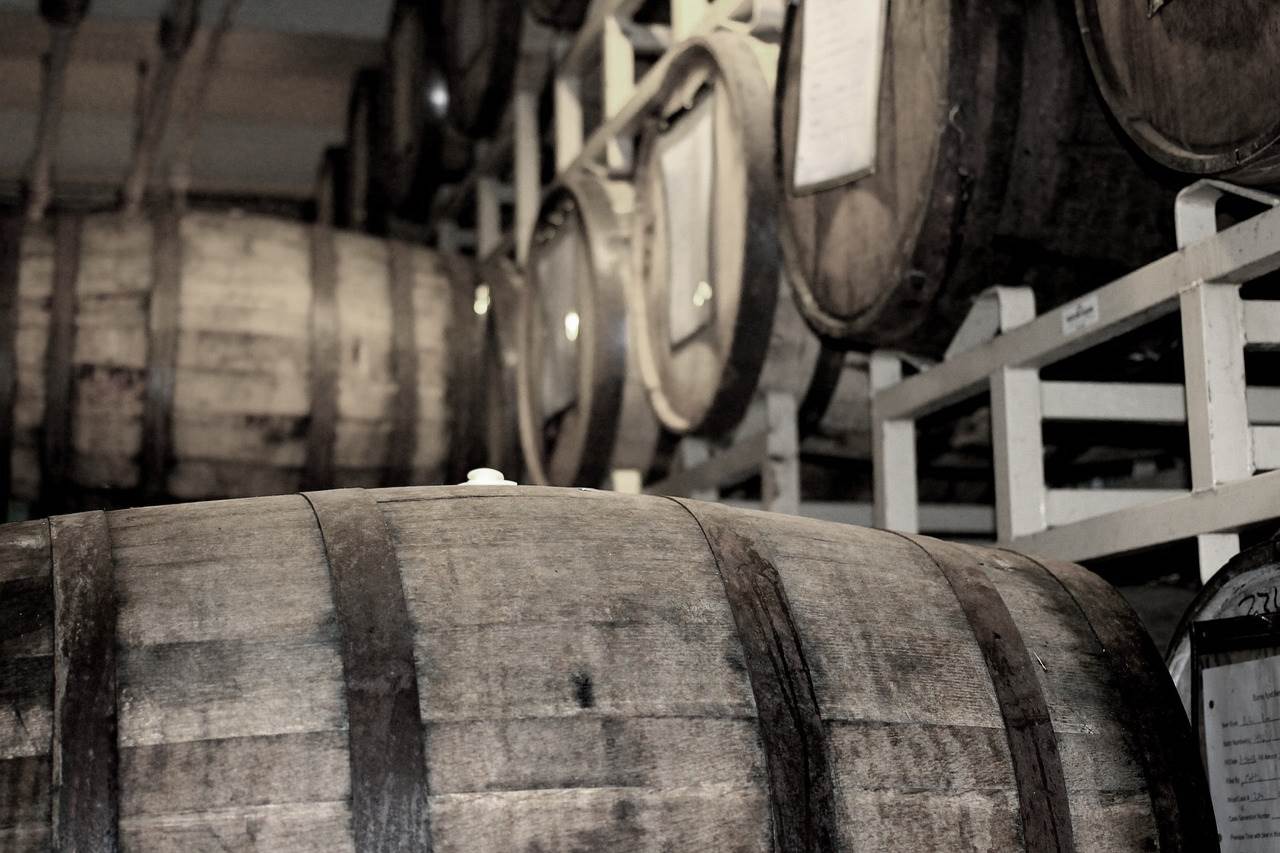
Potential for Further Whisky Growth in Scotland.
Date: 22/12/2015 | Corporate, Employment & HR
“Usquabae” – whisky, or ‘the water of life’ is not only synonymous with the heritage of Scotland – it has become one of our key export industries, accounting for nearly £4bn in revenues, contributing around £1bn to the Exchequer every year according to the Scotch Whisky Association (SWA). More than 10,000 people are directly employed within the industry which supports a total of 40,000 jobs in Scotland and across the UK.
As we head into the festive season, where many of us will enjoy a glass or three of our national drink, we can be cheered by the fact that the sector is ideally positioned for further growth. According to the SWA, there is about £2 billion of investment in infrastructure committed by the industry over the next few years with between 30 to 40 new distilleries at various stages of planning and building.
These are emerging in a number of diverse locations across Scotland including Tarbert, where the Isle of Harris Distillers has built the first whisky warehouse of its kind on the island, and Glasgow, where The Glasgow Distillery Company has opened only the second whisky distillery in the city for over 100 years.
The creation and building of new distilleries is capital intensive with no return for at least three years after a facility begins production. A significant number of the smaller scale developments have been financed mainly by private funds with some element of public support. Isle of Harris Distillers, for example, was supported by a £250,000 grant from Highlands and Islands Enterprise but also managed to raise £8.3m from 17 private investors. Likewise, The Glasgow Whisky Company’s new facility was also funded by a combination of a Scottish Enterprise grant and equity from private investors, demonstrating an appetite (or perhaps thirst) for investment where there is a strong proposition.
While such investments will usually qualify for tax relief under the Enterprise Investment Scheme, is the UK Government doing enough to encourage this potential for growth within an industry that accounts for 25 per cent of UK food and drink exports?
Along with the case for a continued reduction of export duties, the UK Government could also provide further investment to help the SWA in its efforts to safeguard the unique status of Scotch Whisky to protect it from counterfeiters. Sourcing of more free trade opportunities to open up new markets could also give the industry a boost.
In addition, to the economic benefits it delivers, whisky remains a key part of Scottish heritage as our national drink that has been produced for over 500 years. The emergence of new distilleries show there is still a lot of life in the water of life but this cannot be taken for granted by Government which continues to receive a healthy cut of the industry’s revenues. While whisky exports have grown by 74 per cent in the past decade, last year’s seven per cent slump in global sales should serve as a warning against complacency.
This article first appeared in the Scotsman on 22nd December 2015.



























































































